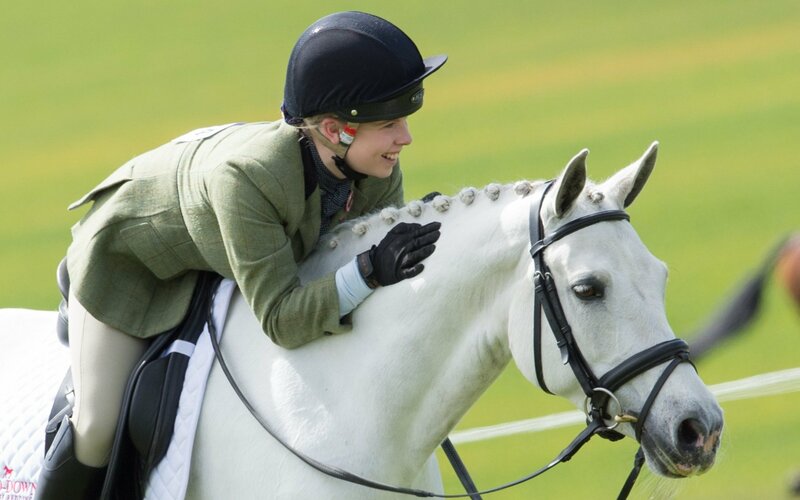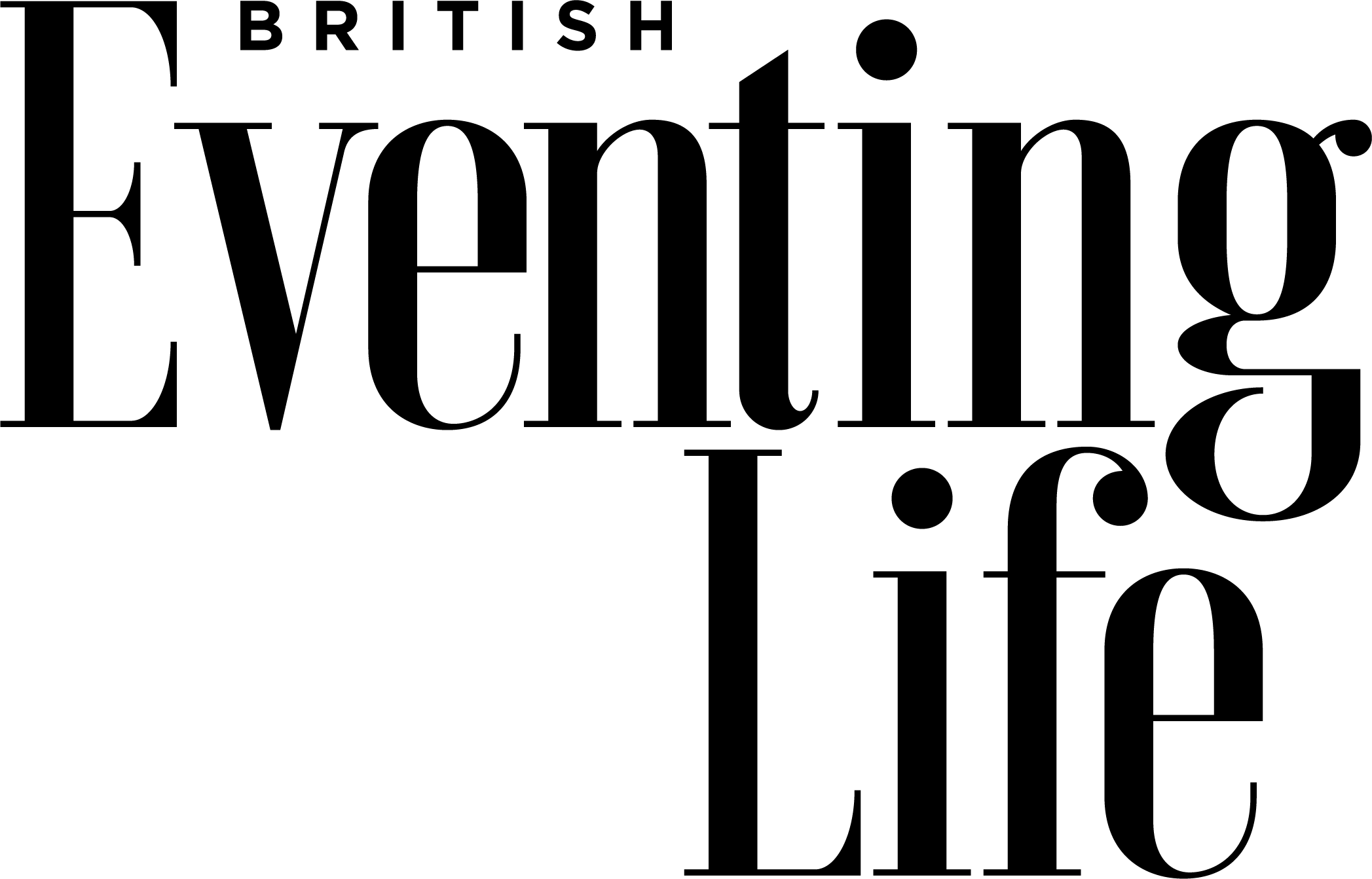
Equine mental health
Stress is a natural physical reaction, often in response to events that threaten or upset us. It is not a bad thing in small doses, in fact, it is the body’s alarm system designed to keep us safe.
Equine behaviourist Justine Harrison explains how stress can negatively impact horses, how to identify it and how to help combat it.
When a horse senses something is dangerous or threatening, their body’s warning system sets off a process called the ‘fight or flight’ response. The nervous system releases a flood of hormones into the body which prepare the body for emergency action, blood flow is directed to the muscles so the horse is ready to run, the heart beats faster, breathing rate increases, blood pressure rises and senses become sharper. These physical changes can speed up reaction time and increase strength and stamina.
If the horse manages to escape from the stressor, or the stressor disappears, the hormones of the stress response turn off and the body starts to calm down again.
Equine behaviourist Justine Harrison explains how stress can negatively impact horses, how to identify it and how to help combat it.
When a horse senses something is dangerous or threatening, their body’s warning system sets off a process called the ‘fight or flight’ response. The nervous system releases a flood of hormones into the body which prepare the body for emergency action, blood flow is directed to the muscles so the horse is ready to run, the heart beats faster, breathing rate increases, blood pressure rises and senses become sharper. These physical changes can speed up reaction time and increase strength and stamina.
If the horse manages to escape from the stressor, or the stressor disappears, the hormones of the stress response turn off and the body starts to calm down again.
Types of Stress In Horses
There are two types of stress: ‘acute’ stress is caused by short-term stressors, such as something that startles or spooks the horse, and ‘chronic’ stress is caused by long-term stressors, such as long hours being stabled, low-grade pain over a prolonged period or a foal being weaned too early from their dam.
Many horses can cope with infrequent short-term stress. However, serious problems can start occurring with frequent exposure to short-term stressors or continued exposure to long-term stressors. Over time, the build-up of stress hormones can lead to numerous health problems such as laminitis, Cushing’s disease, immunosuppression, reduced growth and reproductive capability, chronic obstructive pulmonary disease (COPD), a range of skin conditions, allergic reactions and the increased risk of gastric ulceration and colic.
Causes of Stress
Stress can also cause some horses to become depressed, just like humans. Depressed horses are withdrawn and uninterested in their environment, they may have a fixed, unblinking stare and stand with their heads towards the wall of their stall. Research has shown they have reduced reactions to humans approaching or touching them, but can be extremely reactive when presented with new stimuli.
What are horses’ biggest stressors?
- Social isolation
- Confinement
- Harsh training
- Transport
- Boredom
- Unpredictability
- Stressed handlers or other horses
- Restricted feeding
How can we keep horse's stress to a minimum?
To avoid equine stress, we need to understand the natural needs and behaviour of horses and manage them accordingly.
Friends, forage and freedom
By far the best way to relax your horse is to give him as much access as possible to turnout, friendly equine company and ad-lib access to grazing or forage. If turnout is restricted, create a fenced area outside your horse’s stable so he can wander in and out.
Training
Be calm and consistent when handling and training your horse. Using positive reinforcement in your riding and training can really help to reduce equine stress. Avoid overworking your horse and vary his work so that he doesn't get bored.
Enrichment
Research has found that environmental enrichment such as a variety of forage and toys can help treat a variety of behavioural problems, including excessive fear responses.
Routine
Maintain a consistent daily routine – feed and turnout at the same time, keep horses in the same groups and have regular handlers for each horse.
Sleep
It is especially important that horses feel safe enough to rest and sleep well. If your horse feels threatened by a field mate, then turn him out with friendly company. If stabled at night, make sure they have a big enough stable and a deep bed to encourage them to lie down, turn off lights and avoid disturbing the horse.
Feeding
Access to grazing is ideal, but you can also feed good quality forage. If your horse is in very hard work and you are feeding grain try feeding smaller, lower energy feeds at least four times a day at regular intervals to try and mimic natural feeding behaviour.
Just like humans, horses can experience stress, which can manifest as a whole host of physical conditions. Managing their environment and sticking to a routine can help to combat any stressors and keep your horse happy – again, much like humans!
Stereotypies
Stereotypies, or stable vices, are behaviours that arise when a horse’s natural needs are not met, and they have no control over their situation.
Confinement, social isolation, unnatural feeding, over-feeding of grain, constant low-grade pain, the inability to escape frightening or stressful situations and environments that are lacking any interest for the animal are all contributing factors.
Stereotypies pose a significant health risk for the horse:
- Oral stereotypies like cribbing and wood chewing can cause damage to teeth and gums.
- Locomotory stereotypies (e.g. weaving, box-walking and head bobbing) can put excessive physical strain on the horse’s joints.
- Many stereotypies (e.g. weaving and pacing) take up a lot of energy and it can be difficult to maintain the horse’s weight.
- Wounds from self-mutilation or wall kicking.
Performing stereotypic behaviours can relieve stress, so preventing a horse from performing the behaviour could be detrimental to their welfare. Resolving the stereotypy depends on how long the horse has been performing the behaviour, their age and the type of stereotypy performed. If your horse is just starting to perform a stereotypy, you have a good chance of resolving the problem. The most important thing is to seek professional help from your vet and behaviourist immediately.
First published in the Sept/Oct 2020 issue of British Eventing Life
